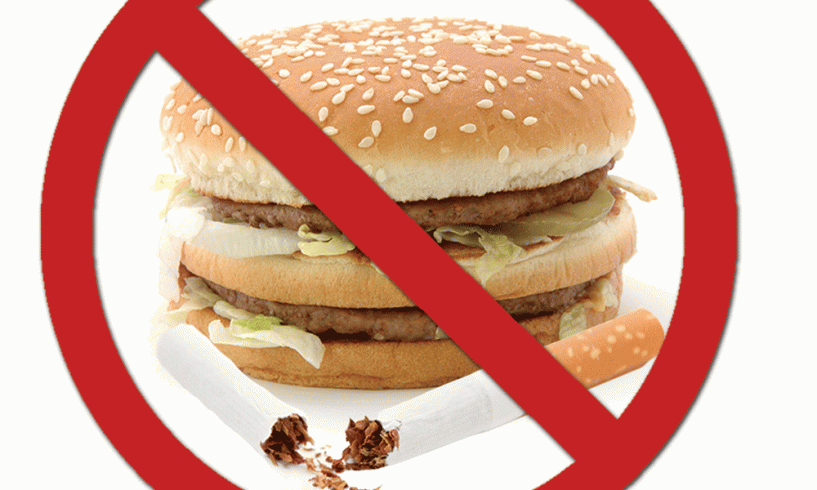A new international study reported in Nutrients has found that certain lifestyle factors—specifically, eating diets high in animal products and smoking—have the strongest association with cancer rates compared to other risk-modifying factors.
The study used age-adjusted incidence rates for 21 cancers in 157 countries (87 with high-quality data) in 2008 with respect to diets and other factors, including per capita gross domestic product, life expectancy, lung cancer incidence rate (an index for smoking and air pollution), and latitude (an index for solar ultraviolet B doses, which enables the body to produce vitamin D). The Food and Agriculture Organization of the United Nations provided dietary data back to 1980.
The factors found to correlate most strongly with multiple types of cancer were smoking (directly correlated with 12 types of cancer), consumption of animal products (directly correlated with 12 types of cancer and inversely with two types), vitamin D levels (directly correlated with six types and inversely with three types), and per capita gross national product (directly correlated with five types). Life expectancy and sweeteners directly correlated with three cancers, animal fat with two, and alcohol with one.
More than half of the cancer incidence rates were explained by smoking and animal product-based diets among the 87 countries with high-quality data. Consumption of animal products (meat, fish, and eggs) correlated with cancer incidence with a lag time of 15–25 years. Regression results were slightly different for the 87 high-quality country data set and the 157-country set.
The researcher hypothesized that the essential amino acids and fat in animal products may increase production—or prevent downregulation—of insulin, insulin-like growth factor 1, and sex hormones, which are linked to colon, pancreatic, endometrial, breast, and prostate cancer. He also noted that the iron in meat may increase production of free radicals and oxidative stress, thereby damaging DNA.
The report also found a gender difference among the risk factors. Smoking was twice as important as consumption of animal products for men; however, for women animal-based diets were more important than smoking. The study found that consumption of animal products was most strongly correlated with cancers of the female breast, kidneys, ovaries, pancreas, prostate, testicles, and thyroid, as well as multiple myeloma. The researchers hope that these results can provide guidance for the prevention of cancer.






